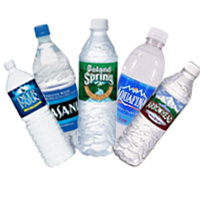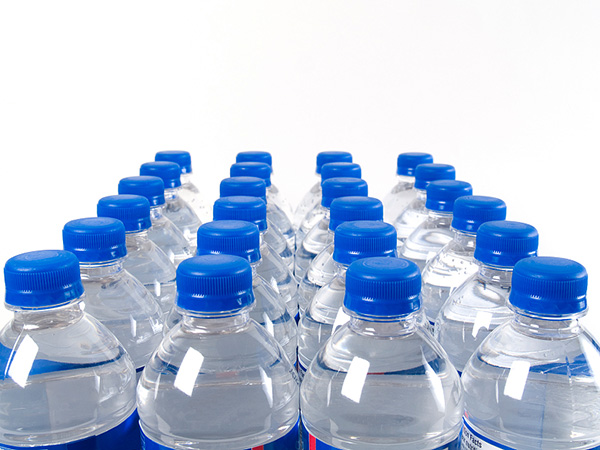Bottled water industry increasingly begins to gain momentum, either carbonated or not. But is it so beneficial, as they say? Here’s the real truth!
Myth No. 1 – Bottled water is better than tap water
Not in all cases. Many companies that sell water, say it comes from the depths of the mountains, or from volcanic springs, which is not always true. In fact, it seems that 25-40% of the sources are not as exotic as well as they are circulated.
The alternative to bottled water is bottled tap water. Its quality is certified by authorized institutions in accordance with the laws and regulations in force. But they differ from country to country, and, unfortunately, in some cases, are quite liberal.
Myth No. 2 – Purified water taste better
Truly pure water, meaning distilled, of which is removed all the salts and minerals, it tastes brackish. The substances that give flavor to every day drink, are sodium, magnesium and chlorides that exist in it. There are also a factor which distorts the flavor of bottled water – it is chlorine. If you put the bottle of mineral water in the freezer, without the screw cap too tight, chlorine will disappear like magic overnight.
Myth No. 3 – Water with vitamins, minerals or protein is healthier than the traditional one
The reality is that vitamins, proteins and other additional elements added to the water they only complete false picture of marketing strategies. In addition, vitamins promised in such products, can not provide even a small amount of the daily needs of the body.
Water bottles we talked about above contain unnecessarily high amounts of sugars, and aromatic enhancers – all do nothing but add calories, more even than dietetic juices. In other words, when it comes to fluorine and iodine, water from the tap water comes out the winner in competition with the bottled.
Lack of enough iodine in the body causes the disease called endemic goiter. Endemic goiter is a condition known worldwide, but especially in certain areas where the population is very large. It can be simple or complicated, certain endocrine disorders and/or nervous. If iodine drops below 5 micrograms per liter, the disease can occur.
Myth No. 4 – You have to consume up to eight glasses of water daily
This is the recommended daily amount for women. However, there is a problem – 80% of daily fluid consumption is expected to be refrained from beverages (water, tea, juices, coffee, etc.) and the remaining 20% of the food.
The difficulty is in figuring the possible drinks consumed, and the amount of fluid obtained from food. Even so, you will need to maintain a balance between doctors advice and your needs. So, if you feel the need to drink more water, do not hesitate, because, after all, is the body that regulates the needs of everyone!
Myth No. 5 – After intense training, bottled water is better
Only when filing an extraordinary effort, this statement is somewhat true. Somehow, because the best are the drinks that contain electrolytes (sodium and potassium), substances that are lost during excessive movement. Naturally, this is more true for athletes. But if you train moderately, drink plain water because it is very good!
Myth No. 6 – Bottled water is good for the environment because it can be recycled
It would be ideal, but things are not exactly so. Production costs of environmentally-friendly type include the manufacturing of bottles, their loading, transporting, and placing on the shelf, not to mention marketing. In addition, meeting the requirements of environmental protection, but requires enough oil to reach 100,000 cars a year. Unfortunately, only 86% of plastic bottles end up in specially designated trash holders.

